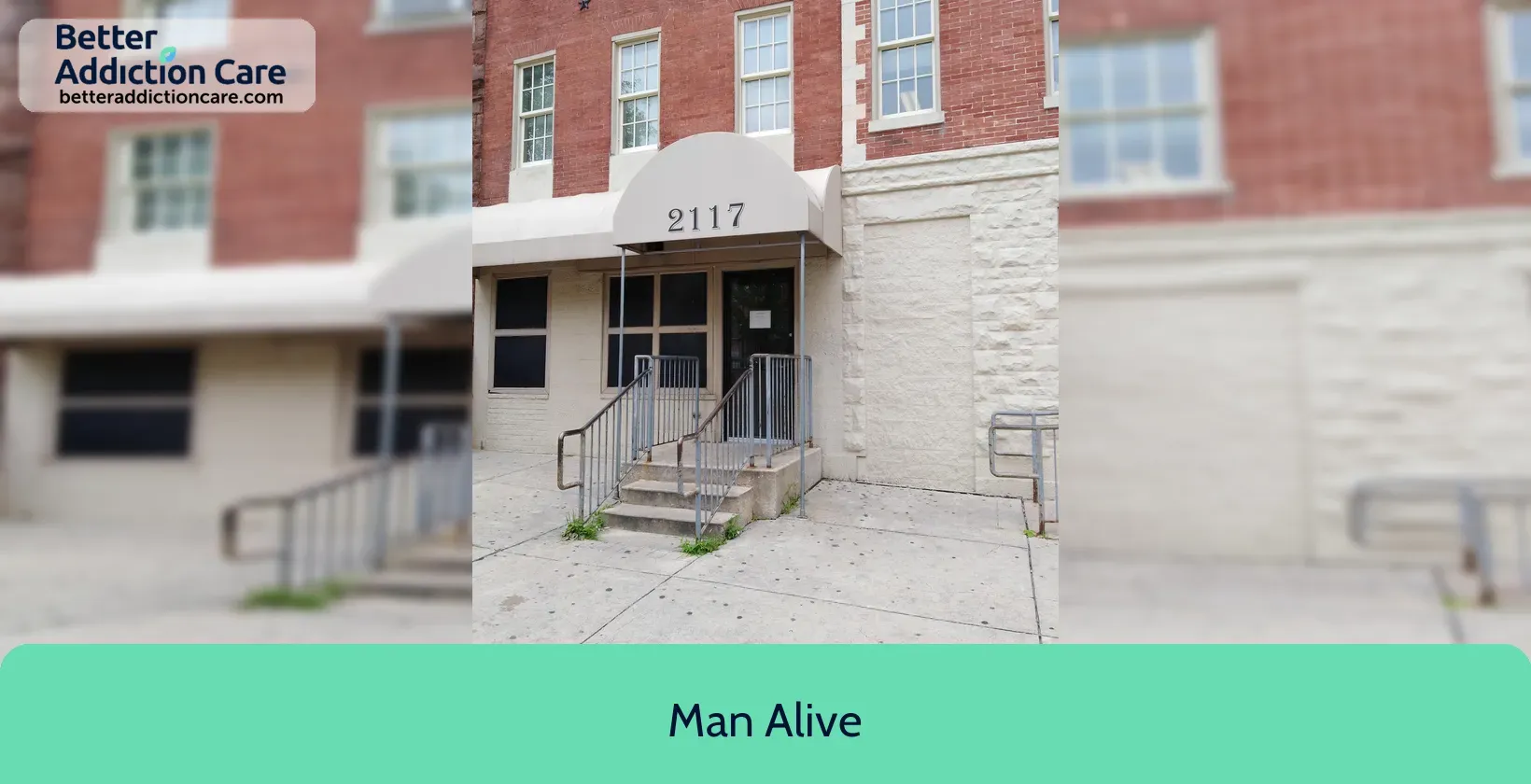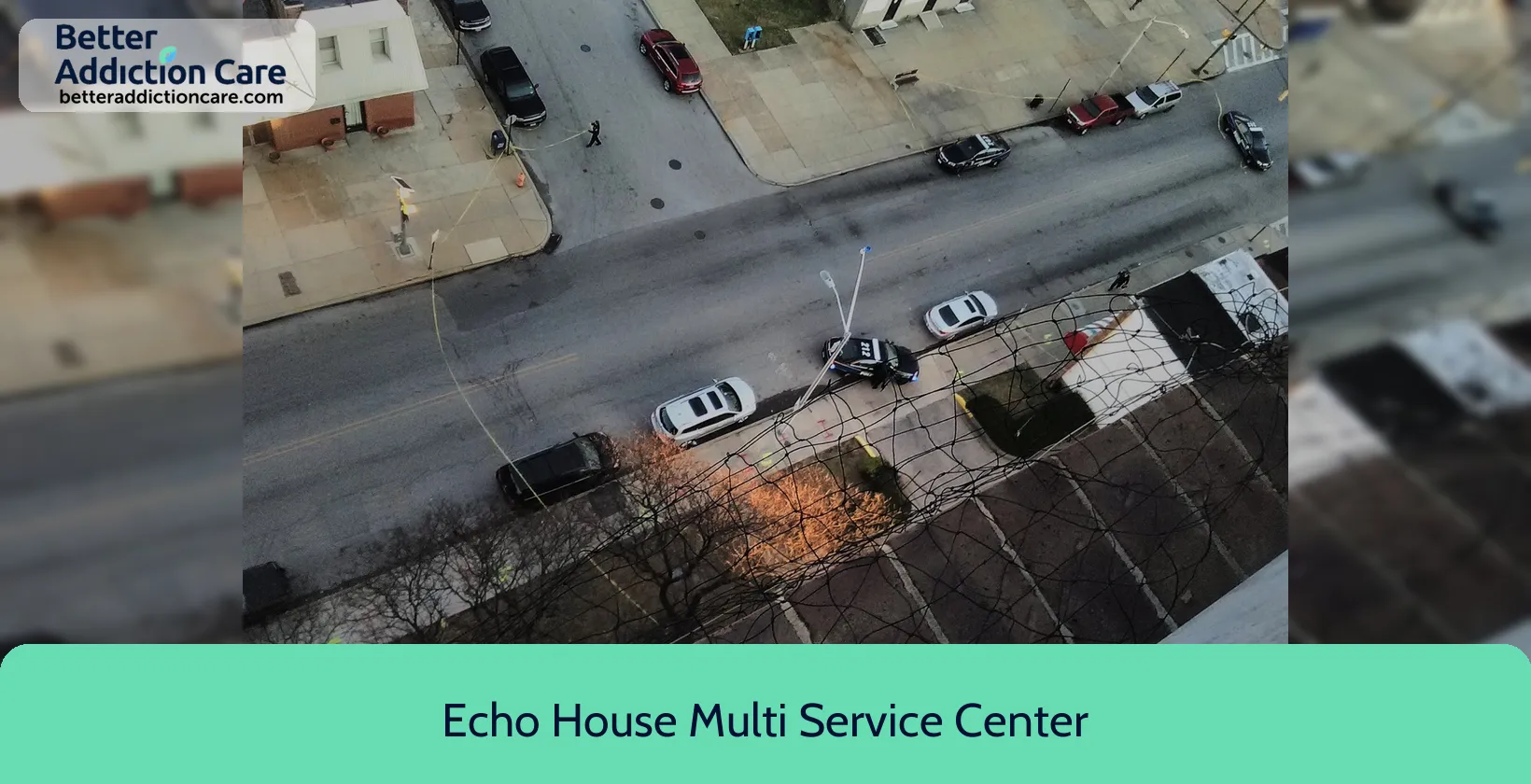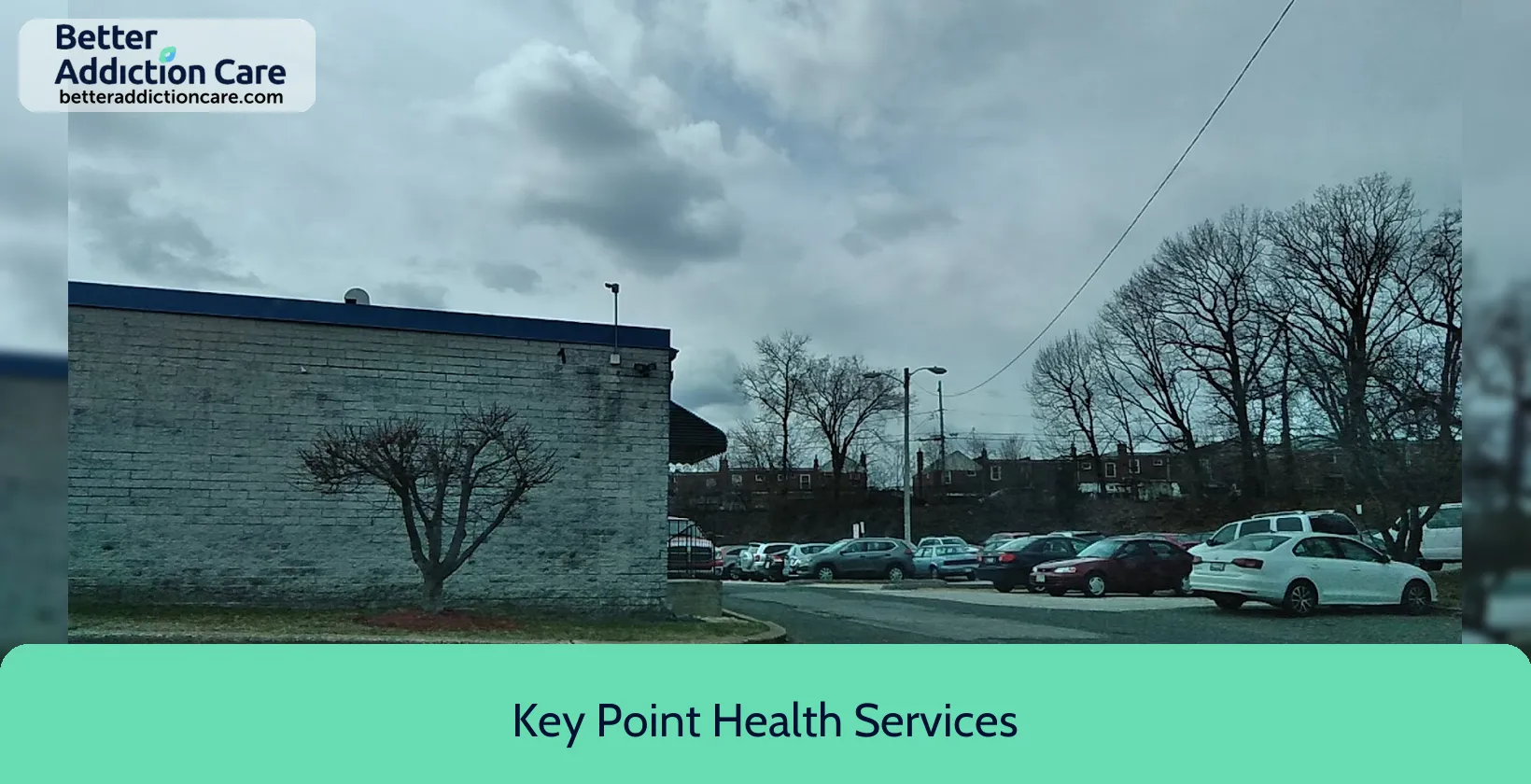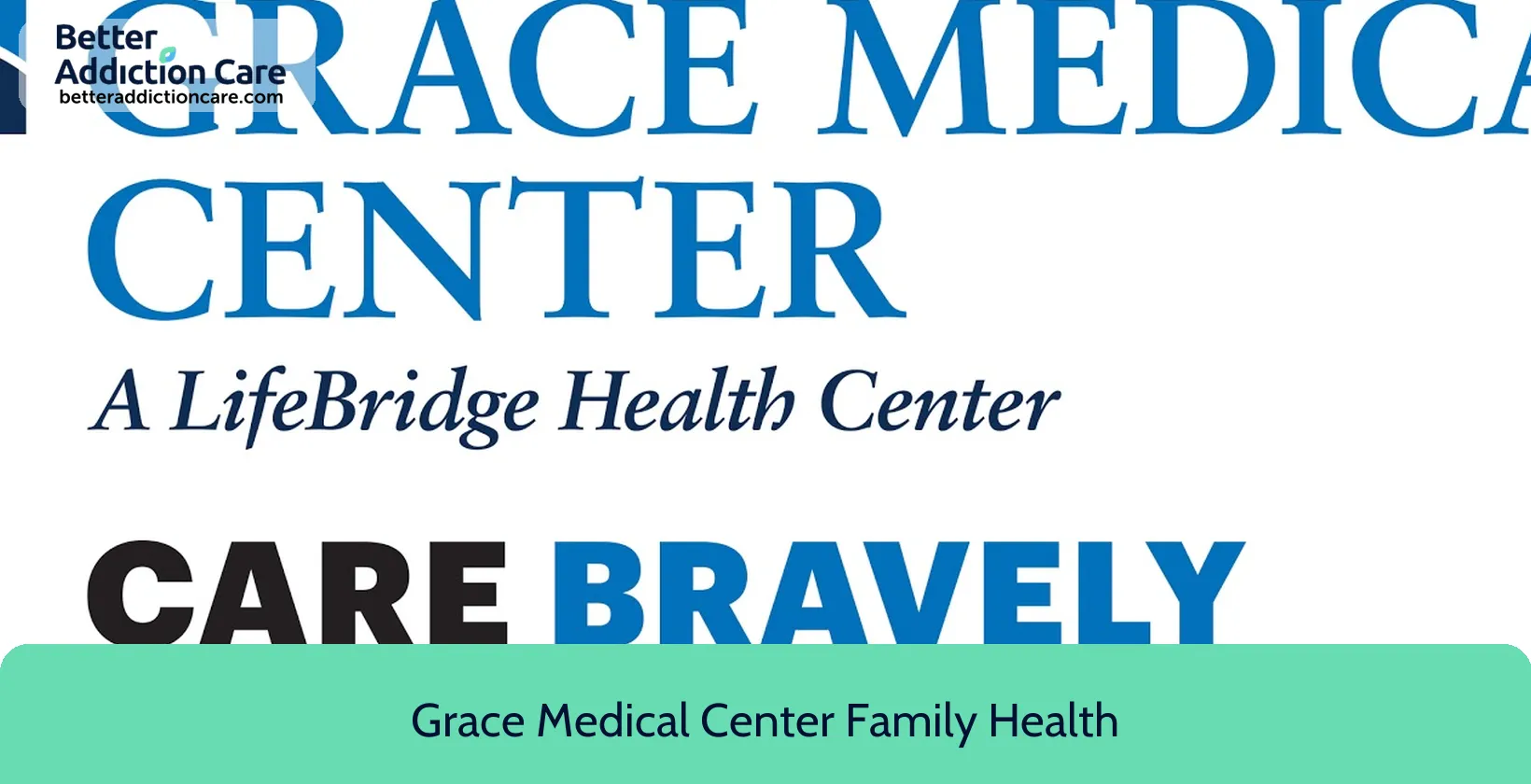Grace Medical Center Family Health & Wellness
Overview
Grace Medical Center Family Health & Wellness is a mental health treatment center for people seeking treatment near Baltimore City County. As part of their treatment modalities for recovery, Grace Medical Center Family Health & Wellness provides couples/family therapy, group counseling, and cognitive behavioral therapy during treatment. Grace Medical Center Family Health & Wellness is located in Baltimore, Maryland, accepting cash or self-payment for treatment.
Grace Medical Center Family Health & Wellness at a Glance
Payment Options
- Cash or self-payment
- Medicaid
- Medicare
- State-financed health insurance plan other than Medicaid
- Private health insurance
Assessments
- Screening for tobacco use
- Comprehensive mental health assessment
Age Groups
- Children/adolescents
- Young adults
- Adults
- Seniors
Ancillary Services
- Court-ordered outpatient treatment
- Diet and exercise counseling
- Family psychoeducation
- Integrated primary care services
- Suicide prevention services
Highlights About Grace Medical Center Family Health & Wellness
6.74/10
With an overall rating of 6.74/10, this facility has following balanced range of services. Alcohol Rehabilitation: 8.00/10, Drug Rehab and Detox: 6.00/10, Insurance and Payments: 6.00/10, Treatment Options: 6.97/10.-
Alcohol Rehabilitation 8.00
-
Treatment Options 6.97
-
Drug Rehab and Detox 6.00
-
Insurance and Payments 6.00
Treatment At Grace Medical Center Family Health & Wellness
Treatment Conditions
- Mental health treatment
Care Levels
- Partial Hospitalization Program
- Outpatient
Treatment Modalities
- Couples/family therapy
- Group counseling
- Cognitive behavioral therapy
- Dialectical behavior therapy
- Activity therapy
Ancillary Services
Additional Services
- Pharmacotherapies administered during treatment
- Laboratory testing
Special Programs
- Clients with co-occurring mental and substance use disorders
- Clients who have experienced trauma
- Children/adolescents with serious emotional disturbance (SED)
- Persons 18 and older with serious mental illness (SMI)
- Persons with post-traumatic stress disorder (PTSD)
Get Help Now
Common Questions About Grace Medical Center Family Health & Wellness
Contact Information
Other Facilities in Baltimore

6.68

7.79

7.33

7.08

7.02

6.97

6.84

7.08
DISCLAIMER: The facility name, logo and brand are the property and registered trademarks of Key Point Health Services, and are being used for identification and informational purposes only. Use of these names, logos and brands shall not imply endorsement. BetterAddictionCare.com is not affiliated with or sponsored by Key Point Health Services.


